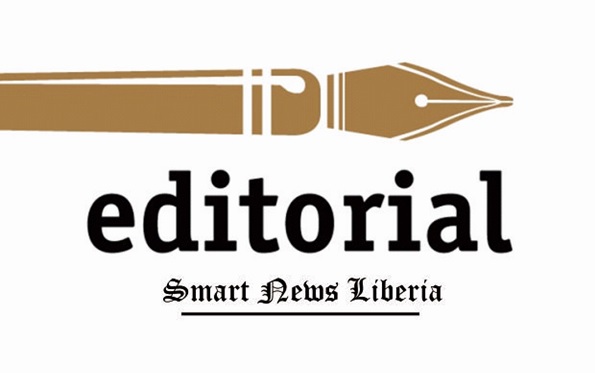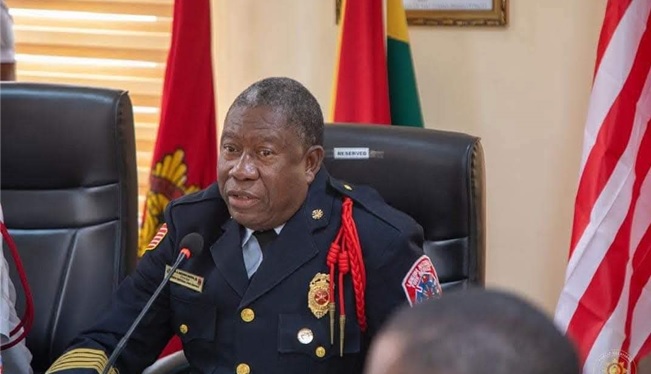President Joseph Nyuma Boakai’s decision to suspend over 400 government officials for failing to declare their assets is being lauded as a decisive step in the fight against corruption. However, beneath the surface of this high-profile move lies a deeper question: Is this a genuine effort to enforce transparency, or is it a calculated political maneuver designed to project an image of reform while avoiding more substantial action?
The failure of these officials to comply with asset declaration requirements is undeniably a serious offense. Public officials are legally bound to disclose their financial status, a measure intended to prevent illicit enrichment and foster accountability. By ignoring this obligation, these individuals have not only violated the law but have also contributed to the culture of impunity that has long plagued Liberia’s governance system. In this regard, President Boakai’s response appears appropriate. Holding officials accountable for basic legal requirements is essential in restoring public trust in government institutions.
Yet, the circumstances surrounding this mass suspension warrant scrutiny. President Boakai initially set a deadline for officials to declare their assets on November 27, 2024, and later granted a ten-day extension. Despite this, over 400 officials failed to comply, raising concerns about either a blatant disregard for the law or a more systemic problem within the administration itself. Were these officials properly informed and given the necessary resources to comply? Was there adequate enforcement before reaching this extreme measure? These questions remain unanswered.
Moreover, the decision to suspend officials without pay for a month, or until they submit their declarations, creates an illusion of strict accountability without addressing the root issue. If these officials are reinstated simply after filing their asset declarations, does this truly amount to a serious consequence? The absence of any deeper investigation into the origins of their wealth or financial dealings further weakens the impact of this so-called crackdown on corruption. Asset declaration is a critical step, but without proper auditing and verification, it risks becoming a meaningless exercise.
The Liberia Anti-Corruption Commission (LACC) has played a central role in this process by compiling the list of non-compliant officials. However, the LACC itself has faced credibility challenges in recent years. With public confidence in anti-corruption institutions already shaken, this latest action must be followed by concrete steps to ensure compliance is more than a procedural formality. Suspending officials is one thing; ensuring they are held to the highest ethical standards and investigating any suspicious assets is another.
Equally concerning is the political dimension of this mass suspension. It is no secret that Liberia’s political landscape is rife with selective enforcement of laws. When similar violations occurred under previous administrations, enforcement was often weak or politically motivated. The public must now ask whether President Boakai’s crackdown is truly impartial or if it disproportionately targets certain officials while sparing others with closer political ties. If this is merely a symbolic gesture to score political points, it will do little to address the systemic corruption that has drained Liberia’s resources for decades.
For this suspension to have real meaning, it must be followed by sustained and impartial enforcement of anti-corruption measures. The government must implement mechanisms to ensure asset declaration is not just a box to check but a tool for financial transparency. The LACC should be empowered to investigate suspicious wealth accumulation and enforce consequences beyond temporary suspensions. Furthermore, this action should extend beyond lower-level officials to those in the highest echelons of government, including ministers and advisors, who wield the most power and influence.
President Boakai has vowed that his administration will uphold integrity, good governance, and the rule of law. These words must be backed by actions that go beyond temporary political spectacles. The public must remain vigilant, demanding not only compliance with asset declaration laws but also accountability for those who have enriched themselves through corruption. If this mass suspension is to be remembered as a turning point in Liberia’s governance, it must lead to lasting reforms, not just another short-lived political show.







